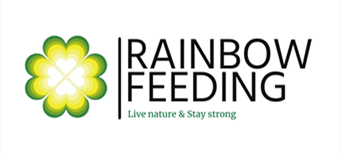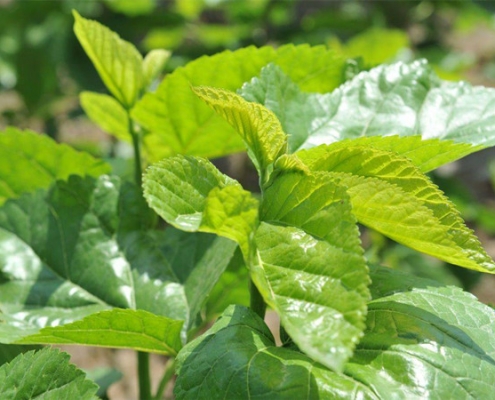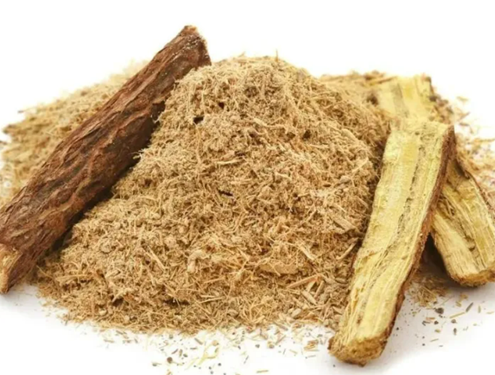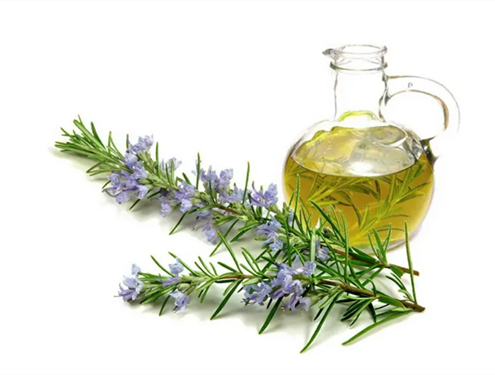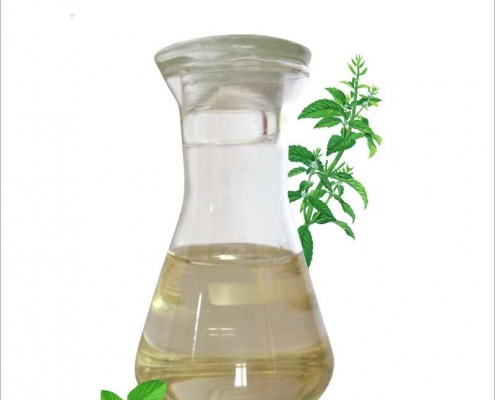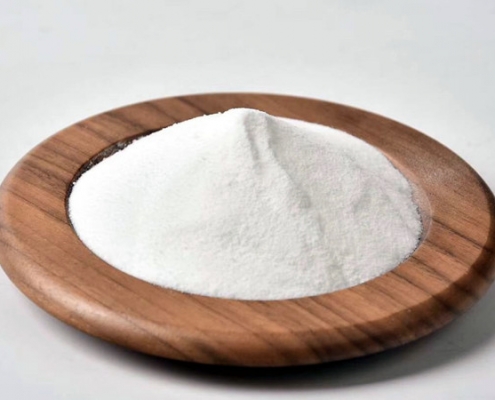
Many herbs and plants have broad-spectrum antimicrobial properties and can be applied to the affected area to fight infections. People called the herb that inhibits the growth of bacteria and will speed up the healing process natural antibiotics, which are a great alternative to prescription antibiotics, and many of the plant-based products we consume have this therapeutic property. Besides fighting bacteria, all-natural antibiotics are effective against viral, fungal, and parasitic infections. These natural ingredients are free from harsh chemicals and are also good for our environment.
Herbs are naturally occurring substances that act as natural antibiotics. These compounds are found in plants around their root systems. Bacteriophages infect bacteria and they communicate rapidly with each other, sharing survival traits and causing infections. This is why many foods and herbs are natural antibiotics, which can be effective for the prevention and treatment of various kinds of infections, including the common cold. A few examples of such foods and herbs are garlic, onions, oregano oil, turmeric, licorice root, ginger, thyme, goldenseal and echinacea.
Related Products
Q&A
How does Echinacea Purpurea Extract contribute to natural antibiotic effects?
Echinacea Purpurea Extract is known for its immune-boosting properties. While not a direct antibiotic, it can help the body fight off infections by stimulating the immune system. Some studies suggest it may have mild antimicrobial properties, potentially helping to prevent and reduce the duration of common colds and other minor infections.
What is the most effective natural antibiotic?
While effectiveness can vary, oregano oil is frequently cited as one of the most effective natural antibiotics. It contains carvacrol and thymol, which have strong antimicrobial properties.
Which herb has the most powerful antimicrobial properties?
Thyme is known for its powerful antimicrobial properties. Its active compound, thymol, has been shown to be effective against various bacteria, including some antibiotic-resistant strains.
How do natural antibiotics compare to conventional antibiotics in terms of effectiveness?
Natural antibiotics can be effective for minor infections and as preventive measures, but they generally aren’t as potent or targeted as conventional antibiotics. It’s important to consult a healthcare professional for serious infections or conditions requiring antibiotic treatment.
What should I look for when choosing a reputable herb extract supplier for natural antibiotics?
When selecting a herb extract supplier for natural antibiotic products, consider factors such as:
- Quality certifications (e.g., GMP, organic certifications)
- Transparency about sourcing and manufacturing processes
- Third-party testing for purity and potency
- Reputation and customer reviews
- Clear labeling of active ingredients and concentrations A reliable supplier should provide detailed information about their products and be willing to answer questions about their extraction methods and quality control.
